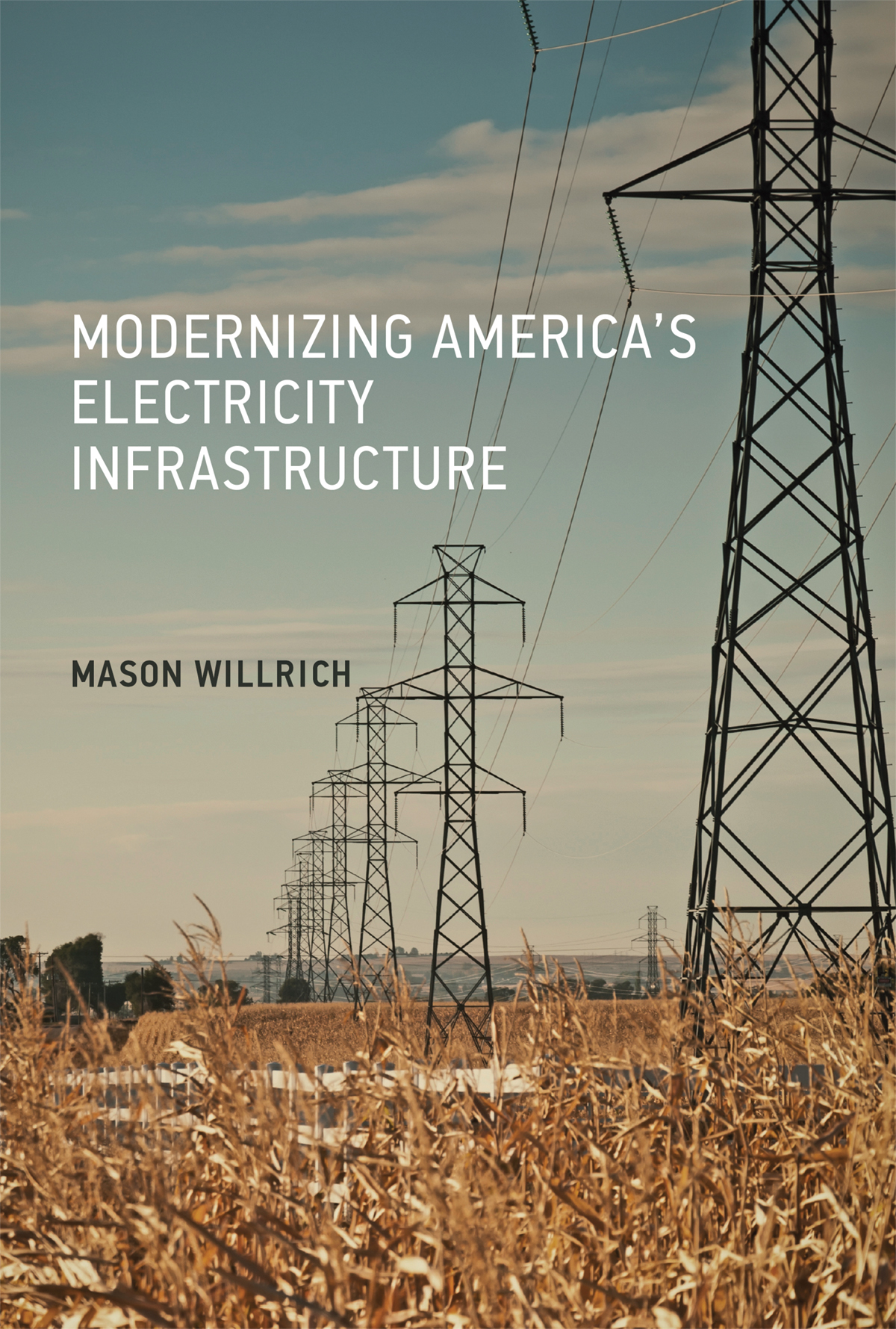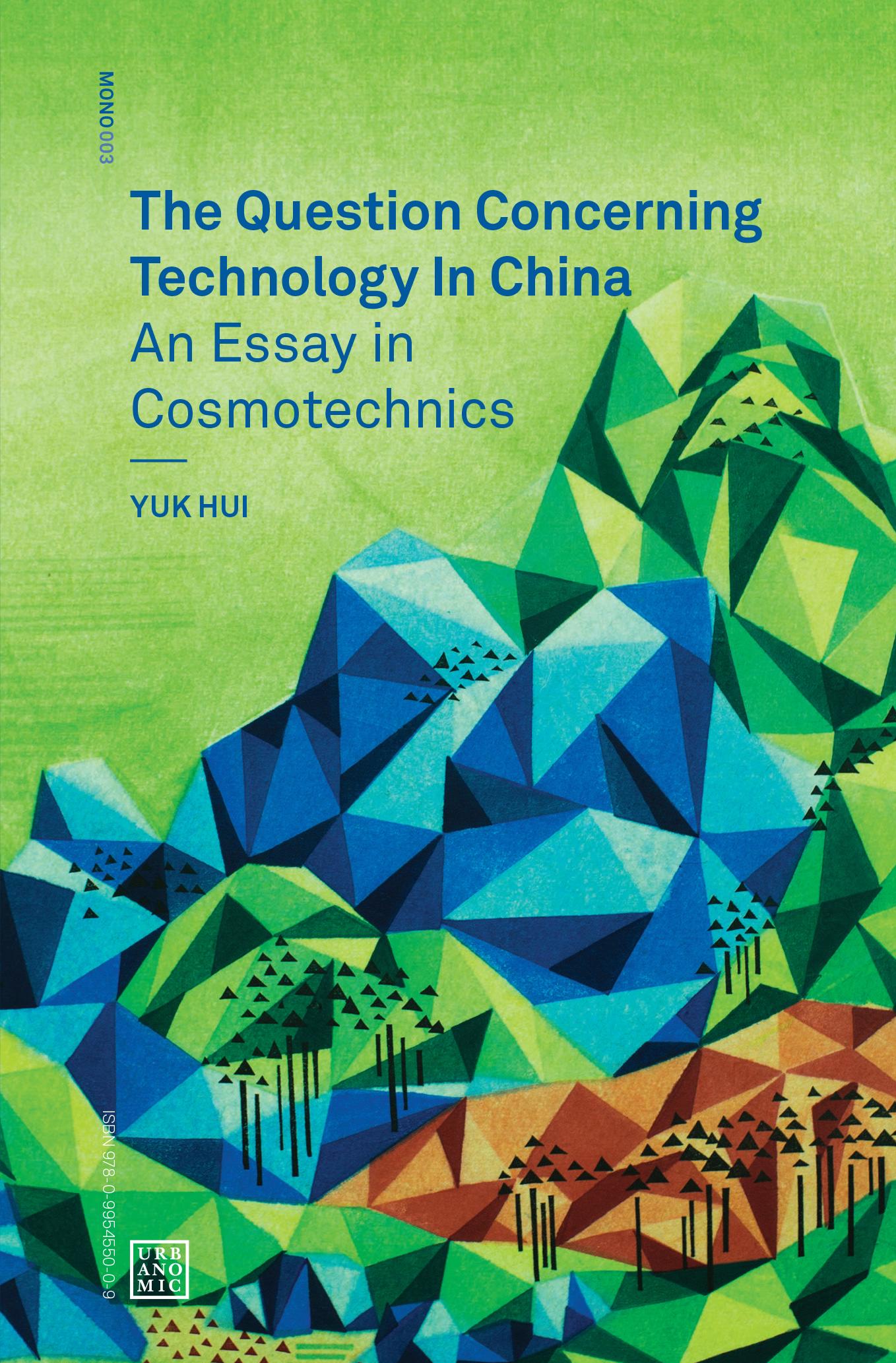Is Innovation China’s Next Great Leap Forward?
Relying uncritically on assumptions of questionable legitimacy is a poor way to make policy. This concern animates several of the essays in the Summer 2018 Issues in Science and Technology.
Editor's Journal
Can the Public Be Trusted?
In the age of MEGO (my eyes glazed over) and TMI (too much information), scientists who communicate with the public must tread a fine line between full disclosure and information overload. With… Read More
From the Hill
From the Hill – Summer 2018
The Senate Appropriations Committee’s Energy & Water Development spending bill, approved in late May on a 30-1 vote, continues congressional pushback against the sharp Department of Energy (DOE) research and development (R&D)… Read More
Perspectives
Philosopher’s Corner: What Is Science in the National Interest?
It all began in the middle of the fourth century BCE. Aristotle’s Nichomachean Ethics established a hierarchy of goods that laid the foundation for today’s science policy debates. A good pursued for… Read MoreSelf-Driving Cars: How Soon Is Soon Enough?
Some observers tout autonomous (self-driving) vehicles by claiming that a computer is “simply a better driver than a human,” as a recent Time magazine article put it. This is not true now… Read MoreAdapting to Global Warming: Four National Priorities
Read MoreAlthough there is considerable uncertainty about specific effects, there is certainty that global warming is significant, accelerating, and seriously threatening. Doing nothing is not an option, as the cost of not adapting is many times greater than the cost of the most aggressive adaptation efforts.
Real Numbers
Indicators of R&D Tax Support
Investment in research and development (R&D) is a key driver of innovation and economic growth. In addition to funding R&D within public institutes or universities, governments within the Organisation for Economic Co-operation… Read More
Features
The Natural Gas Grid Needs Better Monitoring
Read MoreHundreds of times each year the natural gas pipeline system fails, shutting down electric power plants, but there is no national system to record these events and help us improve reliability.
The Limits of Dual Use
Research and technologies designed to generate benefits for civilians that can also be used for military purposes are termed “dual use.” The concept of dual use frames and informs debates about how… Read MoreNuclear Power Needs Leadership, but Not from the Military
For much of the atomic age, the United States led the world in developing and deploying nuclear technologies. Despite building the world’s largest fleet of reactors—99 of which remain operational—and seeding most… Read MoreIs Innovation China’s Next Great Leap Forward?
Innovation refers to the process of implementing new or improved technology and management practices that offer products and services with desirable performance at affordable cost. Innovation encompasses the entire pathway from early-stage… Read MoreBeyond Patents
Over the past 20 years, patent analysis has become a dominant method of studying innovation. The number of papers containing “patent citation” listed in Google Scholar rose from fewer than 10 in… Read MoreOpening Up the Climate Policy Envelope
Read MoreFudged assumptions about the future are hampering efforts to deal with climate change in the present. It’s time to get real.
Book Reviews

Keeping the Lights On
In September 2017, two hurricanes struck the US island of Puerto Rico, crippling its electric power grid. Because Puerto Rico is a major manufacturing site for medical supplies, the nation’s hospitals soon… Read More
Varieties of Technological Experience
For roughly two thousand years, from 500 BCE to 1500 CE, China was the most advanced scientific civilization in the world. During this period, the Chinese intellectual tradition was more knowledgeable about… Read More
